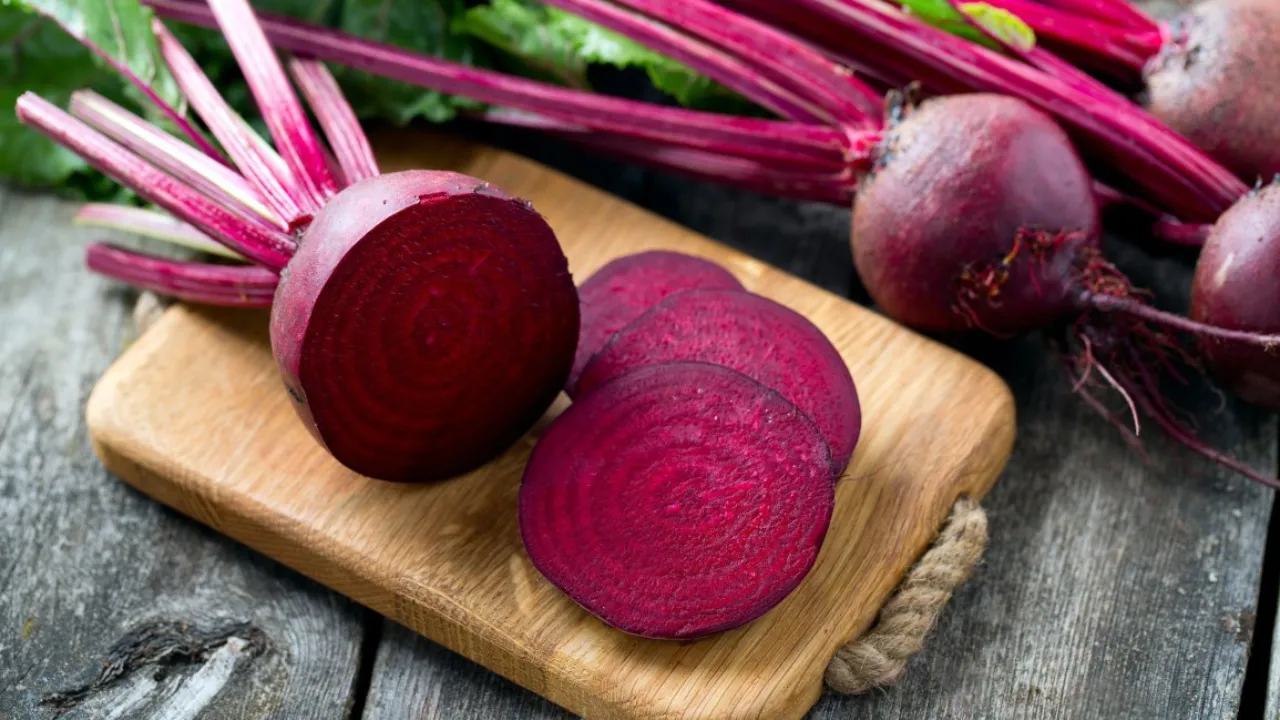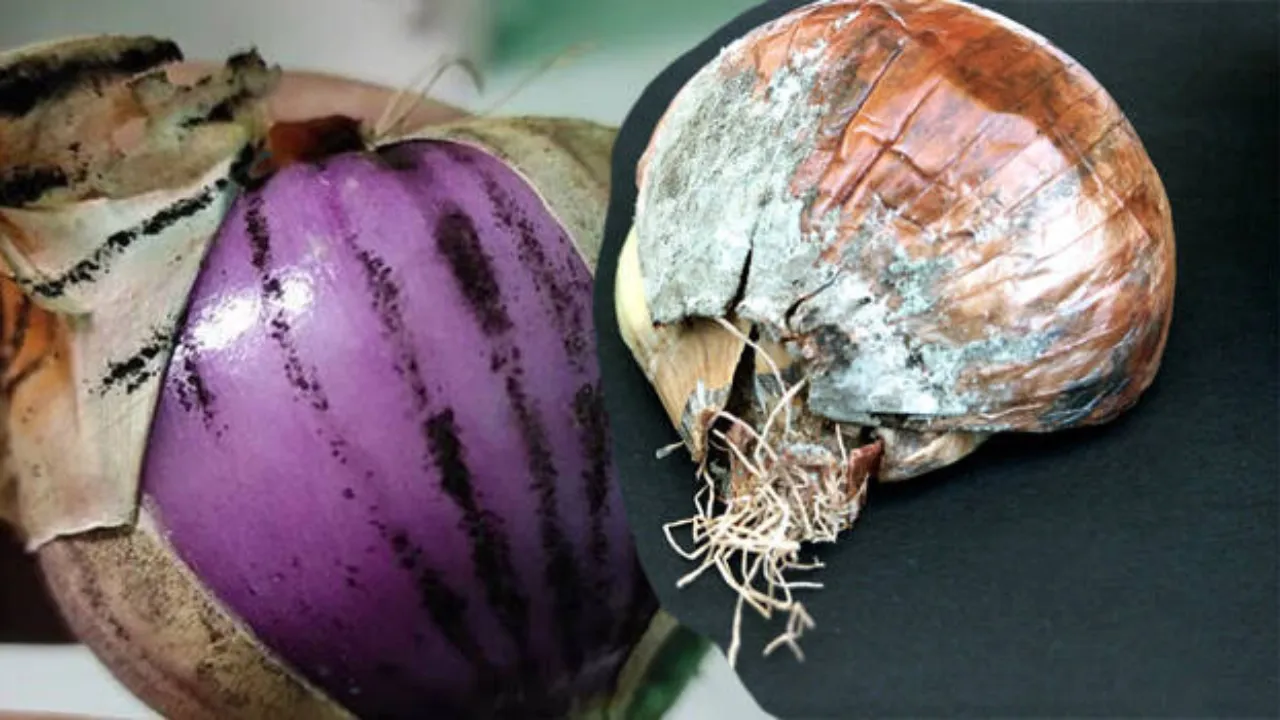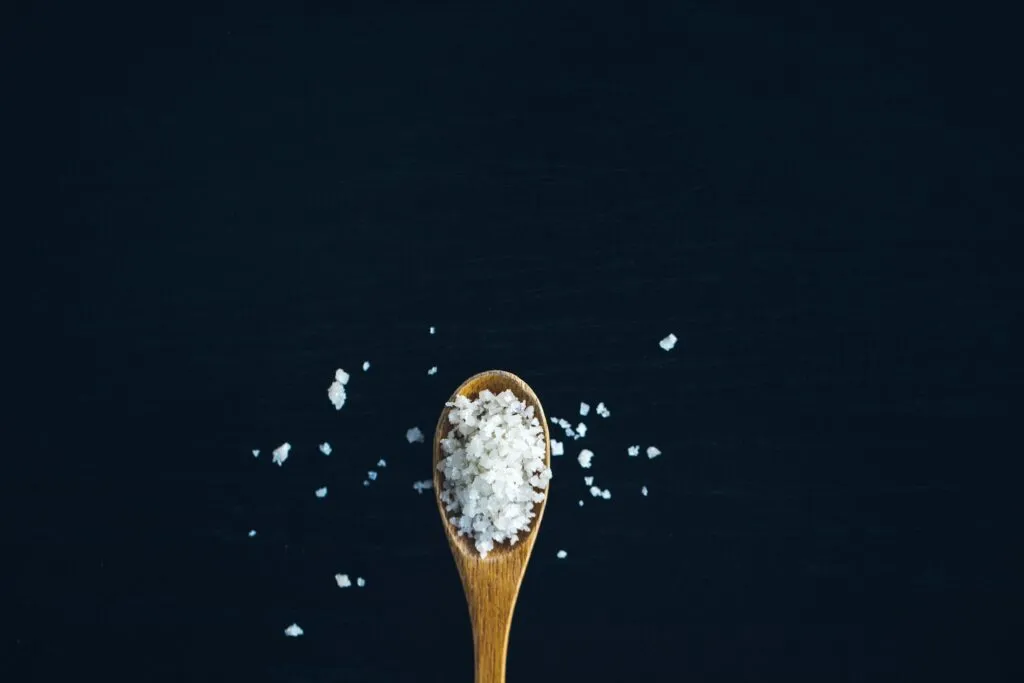What happens to the body if a person drinks beetroot juice daily
Beetroot juice has surged in popularity — as a morning tonic, a sports-shot and a “natural” blood-pressure helper. But drinking beetroot juice every day isn’t only about vibrant color and earthy flavor: it delivers real physiological effects (good and — for a few people — cautionary). Below I explain what consistent, daily beetroot juice can do to your body, what science says right now, and practical, safe ways to include it in your routine.
How beetroot juice works in the body (simple explanation)
Beetroot is rich in dietary nitrates. In your mouth and body those nitrates convert into nitric oxide, a short-lived signalling molecule that relaxes blood vessels, improves blood flow and helps cells use oxygen more efficiently. This single biochemical pathway explains most of beetroot juice’s measurable effects — from lower blood pressure to small gains in exercise performance.
Major benefits of drinking beetroot juice daily
Lower blood pressure — one of the clearest effects
Several clinical trials and meta-analyses show that nitrate-rich beetroot juice lowers systolic and diastolic blood pressure, especially in people with hypertension. Typical reductions reported range from a few mmHg up to about 9 mmHg in some randomized trials — enough to be clinically meaningful when added to other lifestyle measures. If you have high blood pressure, this is one of the strongest reasons people drink beetroot juice regularly.
Better exercise capacity and stamina (modest improvements)
Athletes and recreational exercisers often use beetroot juice before workouts. Studies and recent reviews show small but consistent improvements in time-to-exhaustion, endurance and oxygen efficiency — more pronounced in non-elite exercisers and older adults than in elite athletes. The effects are modest and depend on dose and timing (commonly taken 2–3 hours before activity).
Improved blood flow and possible brain benefits
Because nitric oxide improves circulation, there’s plausible benefit for brain blood flow and some early research suggests small improvements in cognitive function, especially in older adults or those with vascular risk factors. These findings are promising but still emerging — not definitive cures.
Nutrients and antioxidants
Beetroot juice delivers potassium, folate, antioxidants (betalains), and other micronutrients. These support overall nutrition, antioxidant defenses and liver health in lab and animal studies; in humans they contribute to a healthy diet when consumed sensibly.
What you may notice quickly (everyday effects)
Your urine or stool may turn pink/red (beeturia)
A harmless condition called beeturia causes pink or red urine and sometimes stool after eating beets or drinking beetroot juice. It’s common (seen in a subset of people) and not harmful, but if you ever see red urine and aren’t sure why, check with a doctor to rule out blood.
Lower blood pressure (could be obvious for some)
If you already have low blood pressure or take antihypertensives, daily beetroot juice may add to their effect and make you feel lightheaded or faint. Monitor symptoms and talk to your clinician before making it routine.
Potential risks and who should be cautious
Kidney stones and oxalates
Beets contain oxalates. People prone to calcium-oxalate kidney stones should be cautious because dietary oxalate contributes to urinary oxalate excretion in many individuals. High, regular intakes of beet or concentrated beet juice could raise that risk for susceptible people. If you have a history of stones, discuss beet intake with your nephrologist or dietitian.
Sugar content — watch the portion size
Beetroot juice contains natural sugars. A typical serving (200–250 ml) can contain 15–25 g of carbohydrates/sugars depending on concentration and whether other fruits are added. People with diabetes or anyone tracking carbohydrate intake should account for those sugars. Choosing smaller servings or diluting juice with water/veggies lowers the glycemic load.
Interactions with medications
There’s limited evidence that beets meaningfully change warfarin (coumadin) effect, and most interaction databases list no major warfarin-beet interaction — but data are sparse. More important: beetroot juice can potentiate blood-pressure lowering drugs because of its nitrate effect. Always tell your prescribing clinician if you begin daily beetroot juice.
Rare allergic reactions and digestive upset
Some people may experience stomach discomfort, bloating or allergic reactions. Start small to assess tolerance.
Dose and timing — what the research used
Studies vary: many clinical trials use 70–500 ml of beetroot juice or concentrated “shots” delivering a defined nitrate dose. A commonly studied—practical—serving is about 250 ml of nitrate-rich juice (or a small concentrated shot) taken once daily, or timed 2–3 hours before exercise for performance benefits. If your goal is blood-pressure lowering, regular daily intake at a moderate serving is what trials typically tested. Higher doses give stronger nitrate exposure but also carry more risk of side effects.
How to drink beetroot juice safely (practical tips)
- Start with a small serving (about 60–100 ml) and see how you feel, then increase gradually.
- If you have high blood pressure, measure it before starting and recheck regularly. Share your plan with your doctor.
- People with kidney-stone history, gout, low blood pressure or on antihypertensives should get medical advice first.
- Reduce sugar load by mixing beetroot juice with water, sparkling water, lemon or low-sugar vegetable juices.
- If you make juice at home, wash beets well and rotate sources (don’t rely daily on beets from questionable soil — root vegetables can accumulate heavy metals in rare cases).
- For athletes: take a small nitrate-rich shot ~2–3 hours before training or competition to test performance effects.
Bottom line — who benefits most?
Daily beetroot juice can help people with high blood pressure and those seeking small, evidence-backed improvements in endurance or circulation. It also supplies useful vitamins and antioxidants. But it’s not a miracle cure: benefits are typically moderate, dose-dependent and must be balanced against sugar content and oxalate-related risks in vulnerable people.
If you decide to add beetroot juice to your daily routine, do so thoughtfully: pick reasonable portions, monitor how you feel, and discuss it with your healthcare provider if you have medical conditions or take medicines. When used sensibly, beetroot juice can be a healthy, evidence-based addition to a balanced diet.





























